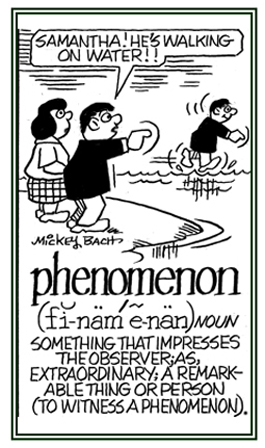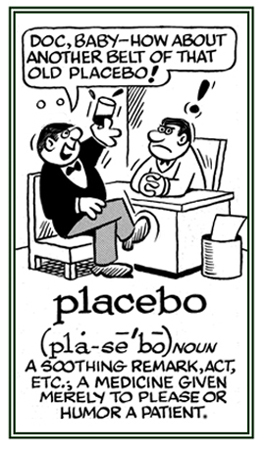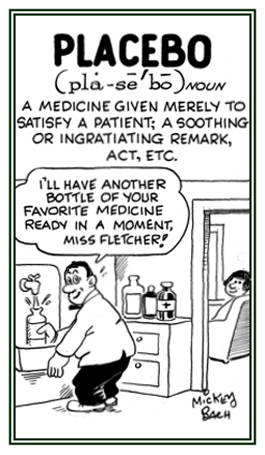Latin Proverbs, Mottoes, Phrases, and Words: Group P
(classical-language maxims, slogans, adages, proverbs, and words of wisdom that can still capture our modern imagination)
Expressions of general truths: Latin to English maxims, proverbs, and mottoes
Word entries are from Latin unless otherwise indicated.
2. Things that exist and can be detected by the senses; especially, things which are unusual or interesting: Donald believes in the paranormal and psychic phenomena that he has experienced.
3. Any states or processes known through the sensory faculties of the body rather than by intuition or reasoning: Lightning is an electrical phenomenon which many people have experienced.
4. In medicine: symptoms or occurrences of any sort, whether ordinary or extraordinary, in relation to a disease: Fever and inflammation are phenomena of physical ailments.
5. An unusual or extraordinary person, fact, or occurrence: A genius is sometimes called a phenomenon.
6. Etymology: from Greek phainomenon and Latin phaenomenom, "something which is seen or appears."

Go to this Word A Day Revisited Index
so you can see more of Mickey Bach's cartoons.
Motto of Hanover College, Hanover, Indiana, USA.
Motto of August Friedrich, Duke of Schleswig-Holstein-Gottorp (1646-1705).
Motto of Friedrich IV, Count of the Palatinate (1594-1610).
Motto of Adolf Friedrich I, Duke of Mecklenburg-Schwerin (1588-1658).
Motto of St. Edward's School, Oxford, U.K.
Motto of Wilhelm VI, Landgrave of Hesse-Cassel (1629-1663).
Motto of Friedrich I, Duke of Saxony-Gotha and Altenburg (1646-1691).
2. Something of no inherent benefit that is done, or said, simply to placate or to reassure someone that he or she is getting proper treatment: A placebo is given for the positive psychological effect it may have because the patient believes that he or she is receiving real medical attention.
3. Etymology: from Latin placebo, "I shall please"; future indicative of placere, "to please".
The medical sense is first recorded in about 1785, "a medicine given more to please than to benefit the patient".
Editorial: "Patient, heal thyself"
The effect of a placebo has been known since the beginnings of medicine.
- About the only medicine doctors from long ago could offer their patients was the reassurance that a medical treatment would work and it often was successful.
- It has become apparent that a patient's state of mind, awareness of his or her condition and expectations of the care she or he is about to receive can influence many outcomes of medicine from consultations with a doctor to clinical trials of a new drug.
- Apparently the usefulness of a drug, for example, depends on much more than the chemicals in a pill, and a deeper understanding of the result of a placebo can turn it into a valuable tool for reducing suffering.


Go to this Word A Day Revisited Index
so you can see more of Mickey Bach's cartoons.
This word is usually used in an insulting way.
2. Of or relating to the common people of ancient Rome; such as, a plebeian magistrate.3. Of, belonging to, or characteristic of commoners or those who are considered unrefined or coarse in nature or manner; common or vulgar: "Some of these talk show hosts have plebeian tastes or behaviors."
Motto of Shepherd College, Shepherdstown, West Virginia, USA.
Motto of German Emperor Charles V (1519-1556). It is also written as, Plus ultra and it is translated as, "Thus far and further".
Currently "thumbs down" is believed to be the signal by which Roman spectators condemned a vanquished gladiator to death.
The Roman custom of spectators' voting on the fate of wounded gladiators with their "thumbs up" did not mean that the downed gladiator was to be spared. In fact, it meant that the gladiator was to be killed.
Thumbs down signified "swords down" and meant that the loser was worth more to them alive than dead, and he was spared to make up for his disgrace in the next contest.
Whenever a combatant was seriously wounded, the presiding judge, or "referee", was called upon to determine whether the man should live or die, depending on how well he fought.
The judge usually went along with the mood or desire of the spectators. If they cheered, applauded, and gave the "thumbs-down" and indicated that they liked the man, he was carted off to fight another time.
If they gave him the silent "thumbs-up" treatment, his opponent was given the signal to finish him off. The corpse was then dragged off with a hook.
The misconception of "thumbs up" and "thumbs down" is probably the result of a painting.
Our misinterpretation of the thumbs-up and thumbs-down apparently came about because a French artist Léon Gérôme understood the Latin verso (turned) to mean "turned down" and so in his painting Pollice Verso (1873), he showed the death sentence with the "thumbs-down" gesture.
Apparently the painting was so popular that Gérôme's mistake became the universally accepted interpretation as we know it today.
![]() Units of mottoes and proverbs listed by groups: A to X.
Units of mottoes and proverbs listed by groups: A to X.


